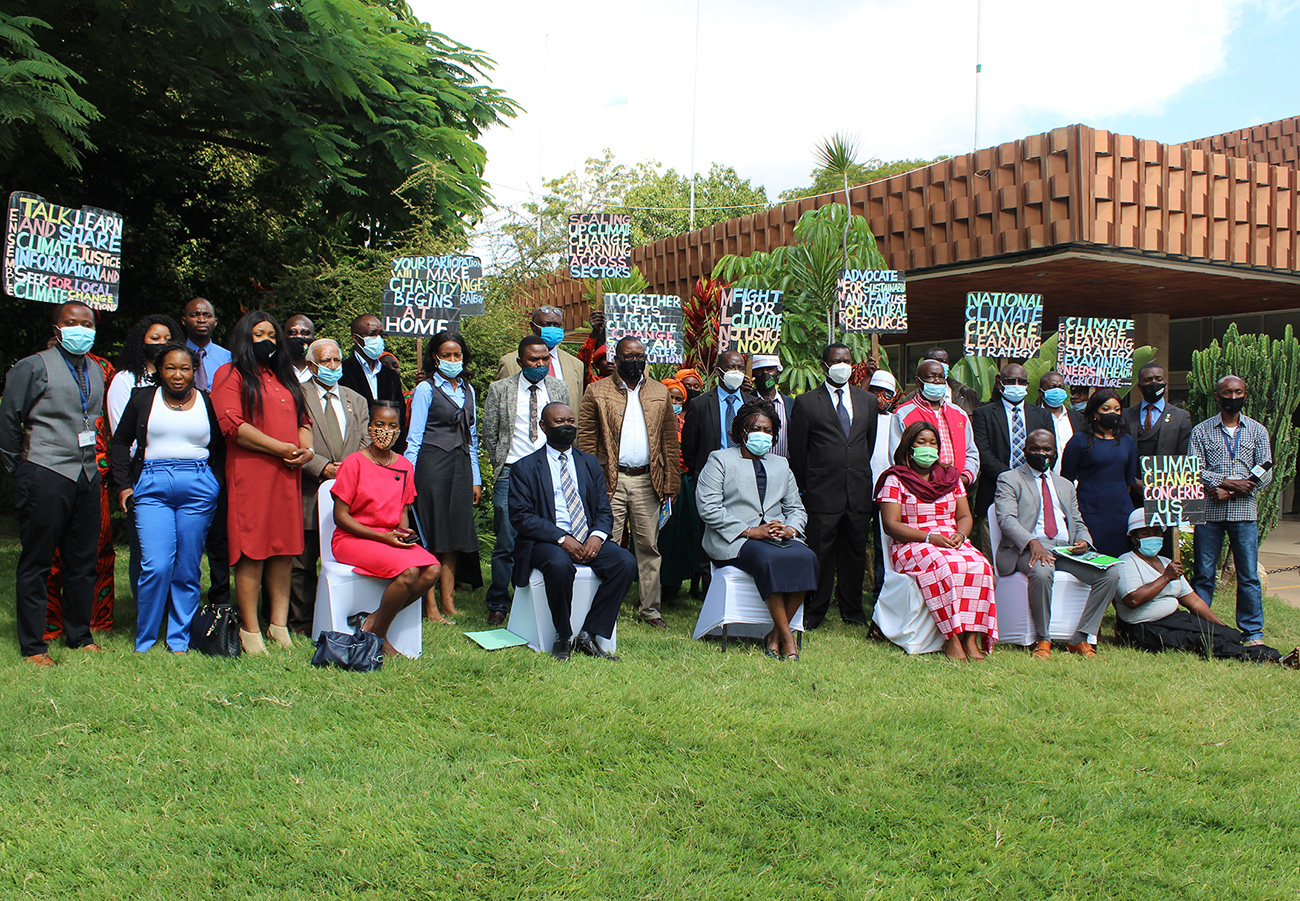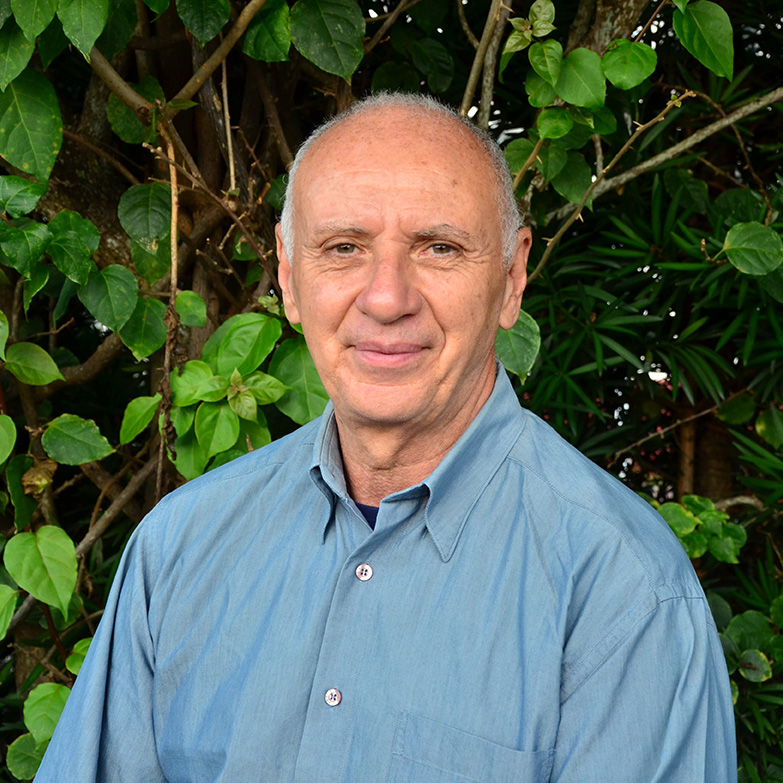

Planet
Support the conservation, restoration and safeguarding of our planet for present and future generations.
Strengthen capacities to foster a green, low-carbon and climate resilient transition.
Strengthen capacities to manage dangerous chemicals and wastes in a sound and sustainable manner.
Improve the conservation and sustainable use of natural resources.
-
127
Events
-
167,946
Total beneficiaries
-
52
Learning events
-
153,065
Learners
-
32,263
Certificates
Key SDG alignment

Highlights
September 2020 saw the One UN Climate Change Learning Partnership (UN CC:Learn) – a global partnership that supports countries in the design and implementation of systematic, recurrent and results-oriented climate change learning – issue its 100,000th certificate of completion. The partnership currently includes 36 multilateral organizations and is active in more than 30 countries globally to promote global climate change literacy.
We supported countries in developing and launching climate change learning strategies including in Kenya, Kyrgyzstan, Malawi, Zambia and Zimbabwe. The strategies provide the culmination of a national debate on how to elevate the importance of education and training as a key means of addressing climate change.
Half of all Danone employees participated in the UNITAR-Danone course on Sustainable Diet, develop to support Danone’s “One Planet One Health” approach linked to our sustainable lifestyles programme, which works with private sector companies to reach one million learners by 2025.
Due to the severe restrictions in travelling, we developed and launched the Persistent Organic Pollutants (PCB) Learn website, which provides practical training to countries on management of “PCBs”.
We supported the governments of Sierra Leone and Democratic Republic of Congo in the delivery of the final versions of the Minamata Initial Assessment and the National Action Plan on Artisanal Small Scale Gold Mining. This is the first time the countries have conducted such assessments on mercury emissions and use. As part of the project implementation, more than 200 people were trained in both countries.
We launched the Global E-waste Monitor 2020 - co-published by UNITAR/UNU, ITU and the International Solid Waste Association - capturing more than 1,400 online media hits in 34 languages in more than 80 countries from 1,200 different news sites worldwide.


“The course addressed many questions that I had regarding climate change and its dimension, especially in a complex and multifactorial context. It led me to realize that I was wrong about anthropogenic variables, which certainly include my own daily actions, and that greenhouse emissions are not restricted to big cities and large industrial conglomerates as I initially thought. Certainly, they play the major role, but the course encouraged me to ask myself ‘what is my part in all this?”
Maurici Tadeu Ferreira Santos
Brazil

“We do an evaluation of chemicals and there are documents that the industries submit to be able to import chemicals. What I learned during the course made me have a better understanding of the information the industry submit.”

